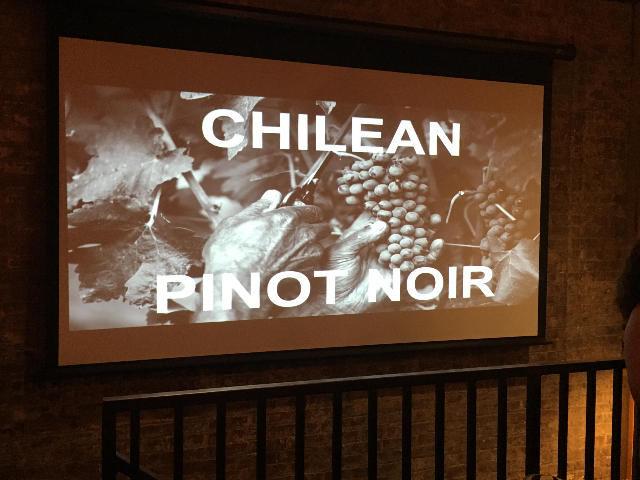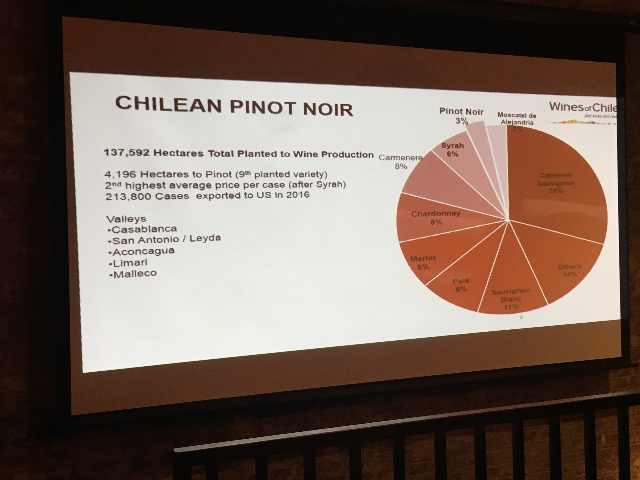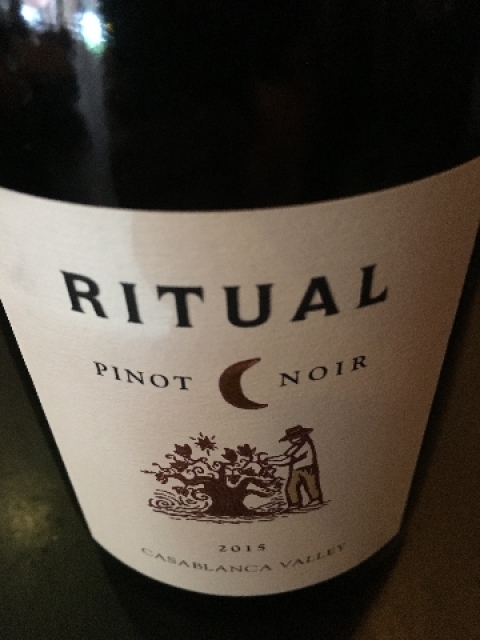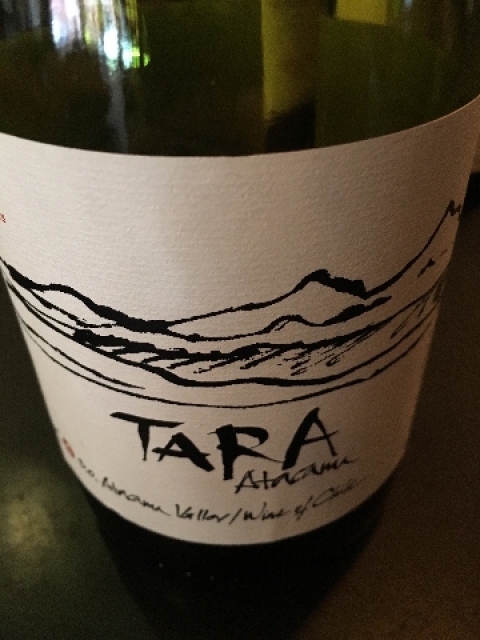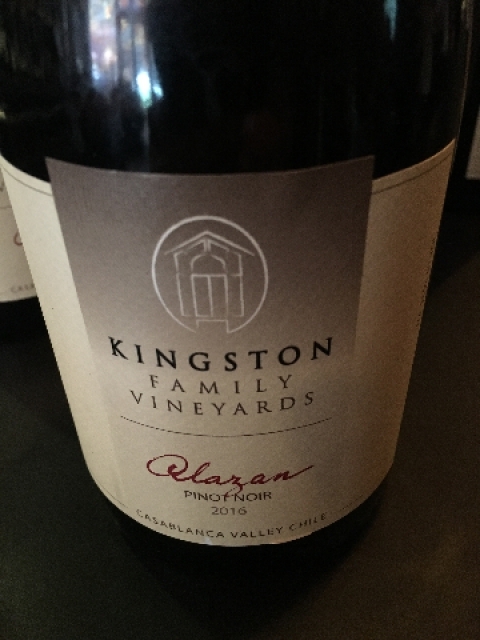Wines of Chile: Pinot Noir On The Horizon
Only 3% Of Chilean Wines Are Pinot Noir
By: Philip S. Kampe - Oct 05, 2017
If you believe that the wine production in Chile of Pinot Noir is only 3% of the total production, then you will begin to understand that in the near future, that figure will grow by leaps and bounds according to three prominent voices in the wine business from Chile.
Presenters, Tim Kingston of Kingston Family Wines, Felipe Tosso of Vina Ventisquero and Ritual’s Rodrigo Soto focused on the fact that with years of experimentation and unique terroir in Casablanca, where the cooling breezes help create high quality grapes with picture perfect acidity, that it is only a matter of time before Chile makes a name for itself in the world of the tricky, Pinot Noir grape.
Pinot Noir is a relatively new grape (late 1960s) for Chile. Cool climate conditions permit this sensitive grape to blossom in a few regions, specifically Casablanca as mentioned earlier, plus San Antonio/Leyda, Malleco, Curico, Colchagua, Limari and Bio Bio.
Winemakers consider Pinot Noir a rather difficult grape. It is thick-skinned and has a history of rot, decay and disease.
Only cool climates aid its growth-think Oregon, Washington and France (Burgundy). Many of these regions, have both success and failure with the grape. Not always, do you say that I had a memorable Pinot Noir today. Most often then not, there are palate failures. Chile has an edge-the Pinot’s that I have sampled seem lighter in body and have a higher acidic character-two factors that should lead to success.
I’m far from an expert on Chilean Pinot’s, but, these are my observations. With the recent introduction of French clones, as time moves forward and the vines age, Pinot Noir will eventually have major success in Chile. The cool climate paired with granite, slate and clay will enhance the grapes enough that the Chilean style will be achieved as time moves onward.
The wines that were poured were generally fruit-driven, somewhat complex and had soft tannins versus rough edges. At the moment, the style is being developed, but, as the presenters emphasized they were only in the beginning stages of Pinot Noir experimentation.
Future goals should be to incorporate freshness and savory notes to highlight the grapes diversity. Felipe Tasso and Rodrigo Soto are on that mission, as well as Kingston Family Wines.
The presenters shared their wines with us in a comparative tasting.
Vina Ventisquero (Felipe Tasso winemaker)
2015 Tara Pinot Noir ($40) 13.3% alcohol, 100% Pinot Noir
Aged for 24 months in 5-7 year old barrels
Earthy, mineral, low acidity, drinkable lighter style
2015 Heru Pinot Noir ($40) 13.5% alcohol, 100% Pinot Noir
Aged for 14 months in French oak, 25% new, 35% second use and 40% third use.
Spice, red fruit, oak, soft with a medium body, well balanced with a Burgundian style
**********************************************
Ritual (Rodrigo Soto)
2016 Monster Block ($49) 13.5% alcohol, 100% Pinot Noir
Aged 14 months in French oak, 30% new
Full-body, tight, chewy tannins, wonderful aromatics of dark berries with a hint of black licorice
2015 Ritual Pinot Noir ($19) 14% alcohol, 100% Pinot Noir
Malolactic fermentation and 11 months in French oak, 30% new.
Medium-body, bright fruit, balanced and ready to drink
***********************************************
Kingston Family Wines (Tim Kingston-partner)
2016 Alazan Pinot Noir ($38) 12.5% alcohol,100% Pinot Noir
Aged 8 months in French oak, concrete egg vat.
Medium-body, ripe tannins, long finish, oily finesse
2016 Tobiano Pinot Noir ($24) 12.5% alcohol, 100% Pinot Noir
Age3d 8 months in French oak.
Fruity,yet, earthy, minerality plus spice.
***********************************************
The six wines, each with its own message, did ring in the words, Pinot Noir, to my palate. It wasn’t even a stretch-the basic characteristics were in place.
The seed was planted. And is growing quite quickly in Chile. World, beware!

